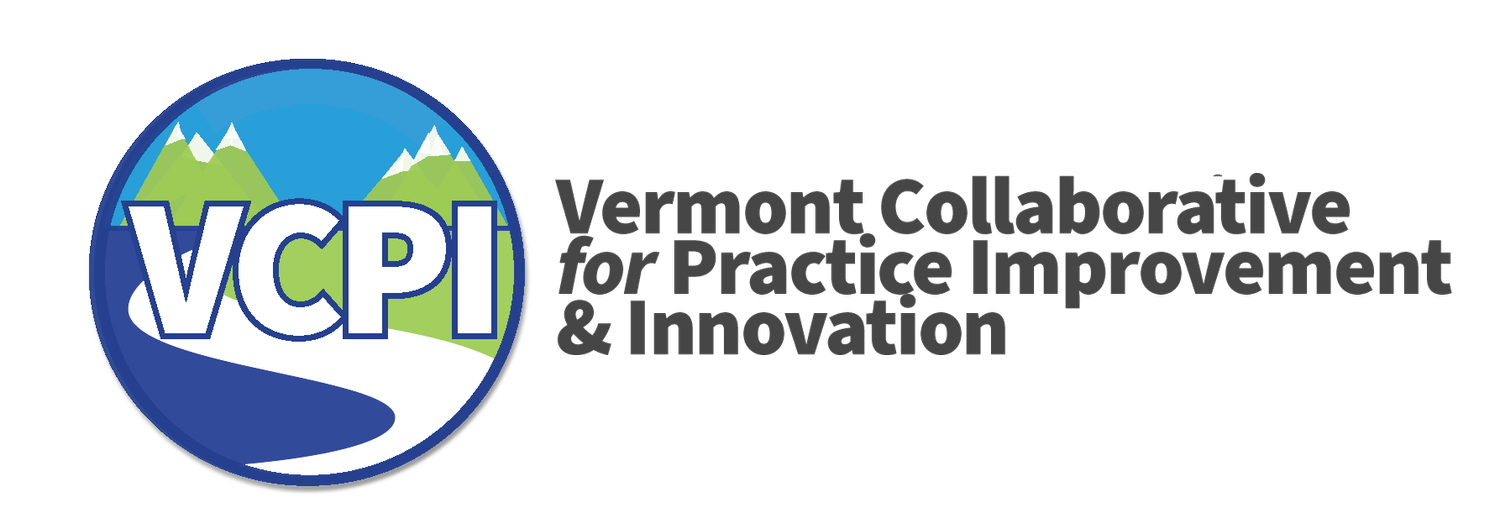Dialectical Behavioral Therapy
Planning for DBT training in 2024 is currently in-progress.
To join the DBT Learning Collaborative (community of practice), please contact DMH or Washington County Mental Health Services.
Individual psychotherapy is a mode that serves two functions within DBT.
Enhance Motivation with Individual Therapy: DBT individual therapy is focused on enhancing client motivation and helping clients to apply the skills to specific challenges and events in their lives. In the standard DBT model, individual therapy takes place once a week for as long as the client is in therapy, and it runs concurrently with DBT skills training.
Structure the Environment with Case Management in Individual Therapy: Case management strategies help the client manage his or her own life, such as their physical and social environments. The therapist applies the same dialectical, validation, and problem-solving strategies in order to teach the client to be his or her own case manager. This lets the therapist consult to the patient about what to do, and the therapist will only intervene on the client’s behalf when absolutely necessary.
2. There are four skills taught in DBT:
Mindfulness: the practice of being fully aware and present in this one moment
Distress Tolerance: how to tolerate pain in difficult situations, not change it
Interpersonal Effectiveness: how to ask for what you want and say no while maintaining self-respect and relationships with others
Emotion Regulation: how to change emotions that you want to change
3. DBT uses phone and other in-vivo coaching to provide in-the-moment support. The goal is to coach clients on how to use their DBT skills to effectively cope with difficult situations that arise in everyday life.
4. The DBT consultation team is essential to help therapists monitor their fidelity to the treatment, develop and increase their skills, and sustain their motivation to work with high-risk, difficult-to-treat clients.
Source: Linehan Institute
VCPI Training Opportunities
VCPI offers a biannual DBT Institute - a series of advanced workshops for teams to implement strategies with adults & adolescents. (The most recent Institute was held in Summer 2021. Application details for the next program will be announced soon.)
VCPI regularly offers “DBT 101” introductory e-learning modules which explore the foundational elements of DBT. Do you utilize DBT in your practice? Join our Learning Collaborative, which means quarterly for support, co-supervision, and peer learning.
VCPI has launched a new Intensive DBT Supervision pilot program. The goal of this effort is to foster innovative professional development for enhancing clinical skills, to provide personalized support for staff around complex cases, and to encourage cross-provider collaboration that will improve the quality of services both for the specified client/case as well as overall CRT functionality within the agency. Overall, the pilot’s purpose and stated outcomes are to: reduce client time spent in emergency departments and inpatient psychiatric units, to improve utilization of DBT therapeutic interventions for clients living with a Borderline Personality Disorder diagnosis, and to increase sustainable staff capacity. This project is by invitation only; contact us for details.
Funded by the Vermont Department of Mental Health.
